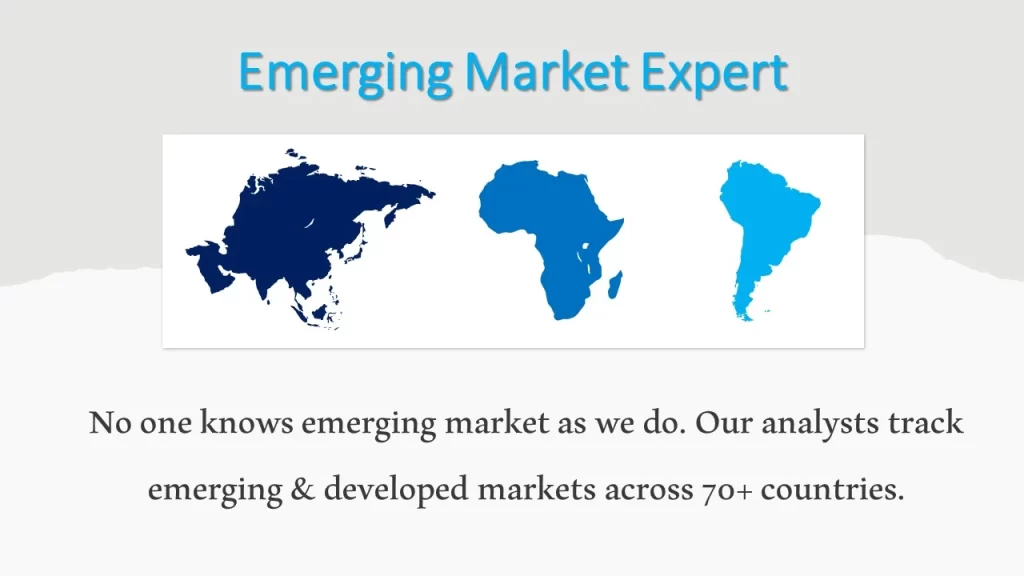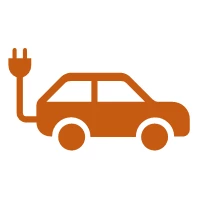Major Ghana Electric Vehicle Market Drivers
The Ghana electric vehicle sector market is estimated to rise due to an increase in environmental awareness, innovations in technology, favorable and supporting governmental incentives and policies, and a decrease in EV battery prices. The Ghana electric vehicle market is presently in its early stages of development. Despite some innovations in present period, the industry has yet to reach full maturity. Different initiatives are in progress, including the establishment of advanced charging infrastructure and electric vehicles (EVs) introduction into the market. There are still different opportunities for early entrants to establish strategic partnerships with original equipment manufacturers auto assemblers and local manufacturers, engage in EV leasing, batteries, and supply parts, develop EV charging infrastructure, and carry technician training, among other locations. Other important factors for the sector’s near-term innovation include expanding charging and servicing infrastructure, meeting electricity cost concerns, and offering financing choices to make EV adoption economically viable.
There is a growing acknowledgment, both among officials and the public, regarding the demand to limit CO2 emissions and the detrimental impact of traditional internal combustion engine vehicles on air quality. In addition, the spike in gas and diesel prices amid Ghana’s notable inflation rise during 2022 increased public interest in EVs as a more fuel-efficient substitute. Moreover, Ghana fosters a household electricity access rate exceeding 80%, facilitating the feasibility of home charging for EVs. In addition, the country possesses surplus electricity generation capacity, although this is gradually decreasing over time. However, high electricity costs across Ghana pose a significant challenge for consumers, especially with an estimated 30% rise in 2023m creating a cost-benefit factor for customers of EVs.
Why Purchase a Standard Report When You Can Customize this Report
Please Let us know your Customization Requirements
Also, the Automotive Policy in Ghana prioritizes the growth of domestic assembly and manufacturing industry for automobiles. In addition, in 2022, the Ministry of Transport planned to initiate stakeholder consultations on an Electric Vehicle Policy, aligning with Ghana’s overarching strategy to accomplish net-zero emissions in the transportation sector. The envisioned strategy for Ghana’s road transport entails a transition towards electric vehicles, CNG vehicles, and hydrogen automobiles. By 2040, the government projects repurposing a significant number of gas and diesel filling stations to accommodate vehicles using CNG, hydrogen, and electricity fuels. However, despite these plans, the government has yet to introduce substantial incentives to drive the sector’s development.
Moreover, a recent academic case study on public perceptions of EVs in Ghana disclosed that Ghanaians prioritize the availability of charging infrastructure and servicing shops when considering buying a vehicle. Furthermore, the study found that the driving range of automobiles is the most important attribute, although only nearly 6% of respondents travel more than 50 km daily. Another significant factor for potential Ghanaian EV buyers is the demand for charging times of less than 30 minutes. Surprisingly, concerns about air quality and the environment ranked relatively low as reasons for buying an EV. Instead, consumers prioritize evidence of performance and reliability when considering an EV purchase.
During 2020, Kantanka announced its plans to develop an all-electric city vehicle that would be assembled domestically in Ghana. Kantanka presently assembles cars utilizing Complete Knock Down kits imported from China. In addition, during 2022, Mana Mobility, announced an objective to engineer, design, and produce EVS in Ghana by 2023.
Segments covered in the Report:
The Ghana Electric Vehicle Market has been segmented on the basis of Product Type and Vehicles Type. Based on the Product Type, the market is segmented into BEV and PHEV. Based on the Vehicles Type, the market is segmented into Cars, Commercial Vehicles and Two-Wheelers
|
Report Coverage |
Details |
| Market Revenues (2023) |
USD Million |
| Market Base Year |
2023 |
| Market Forecast Period |
2024-2031 |
| Base Year & Forecast Units |
Revenues (USD Million) |
| Market Segment | By Product Type, By Vehicles Type |
| Regional Coverage | Ghana |
| 25% Free Customization Available | We will customize this report up to 25% as a free customization to address our client’s specific requirements |
Market Segmentation
Ghana Electric Vehicle Market by Product Type
-
- BEV
- PHEV
Ghana Electric Vehicle Market by Vehicles Type
-
- Cars
- Commercial Vehicles
- Two-Wheelers
Related Reports
- Published Date: Apr-2024
- Report Format: Excel/PPT
- Report Code: GR24AB-01-00195
Licensing Options
Single-User License:
The report is used by the purchaser (One Individual) only
Multi-User License:Report is shared with maximum 5 users (employees) including the purchaser of the purchasing corporation only
Corporate License:
Report is shared with unlimited user (employees) of the purchasing corporation only
The report is used by the purchaser (One Individual) only
Multi-User License:Report is shared with maximum 5 users (employees) including the purchaser of the purchasing corporation only
Corporate License:
Report is shared with unlimited user (employees) of the purchasing corporation only
Ghana Electric Vehicle Market and Analysis Report – Opportunities and Forecast 2024-2031
$ 4,499.00 – $ 6,649.00
Why GMI Research







